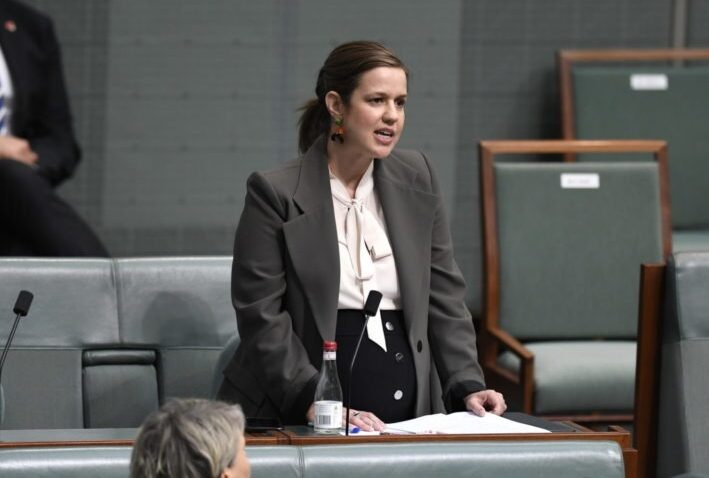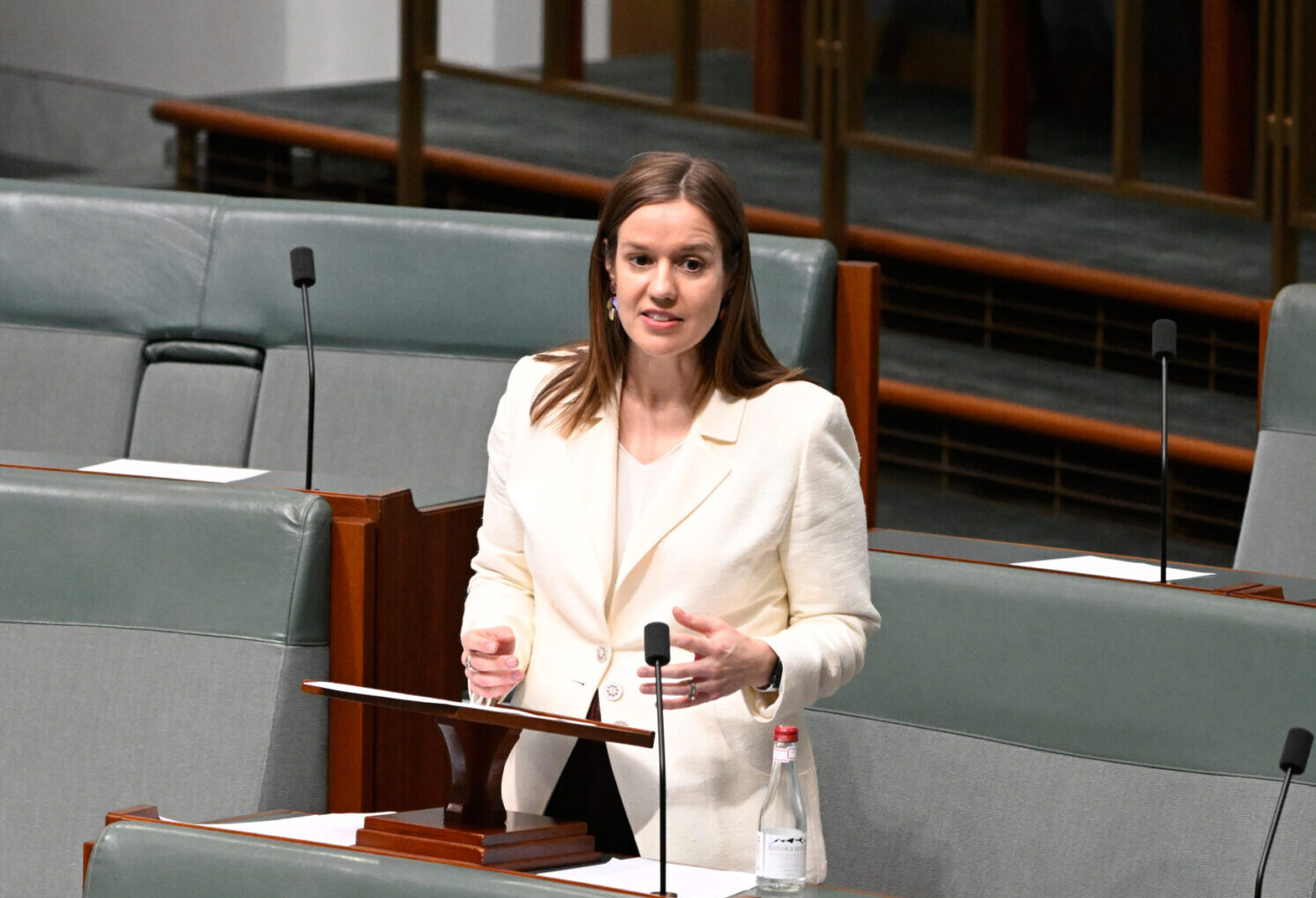I’m pleased to have this opportunity to raise issues that I hope are of importance to all of us here in this chamber—issues around how our democracy operates and the not-very-high esteem that those of us in this place are held in by members of the public, and issues that go to whether we can build the trust we need to tackle the big issues of the future: climate change, insecure employment, the effects of new technology and a rapidly changing global environment.
Today I and a number of other members of this chamber attended the launch of a very important piece of research from the Museum of Australian Democracy. The research was conducted with the assistance of the Joint Standing Committee on Electoral Matters in the previous parliament, and it is research that, as a member of the current Joint Standing Committee on Electoral Matters, I found both important and very relevant. The museum surveyed members of the 45th Parliament on their views of the state of our democracy. They got a good response to the survey: 98 out of a possible 226 MPs took part. Their findings showed that 38 per cent of the parliamentarians who took part have concerns about the way democracy is operating. They’re most concerned about short-termism—that is, the challenge of a three-year electoral cycle—along with integrity and media misrepresentation. The researchers also surveyed members of the public about their views of democracy and found that 59 per cent of them have concerns about how our democracy is operating. They’re most concerned about adversarial politics, poor leadership and the poor behaviour of politicians. So this work demonstrates concern both across the community and in here about the state of our democracy.
As a new member of parliament, I’ve been struck by the dual perceptions our communities have of us MPs. I find that when I’m in my electorate, attending sporting events or talking with people at RSLs or at the shopping centre, people’s perception of the role and the capability of a local politician is actually pretty high. It’s certainly not uniform, but in the main the feedback from people I speak with is that they appreciate being able to talk with their representatives and having their concerns listened to and taken on board. But, if you ask those same people what they think about politicians in general and how this place operates, you get an entirely different answer. That’s when I hear the frustration about politicians all being in it for their own gain, not being honest and upfront with the community and behaving in ways that would not be tolerated in any other business or community organisation in our country. I’m sure that many members in this House have had similar experiences and similar feedback.
Why does this matter? A strong democracy relies on people having a degree of respect and understanding for the work that we do in this place. If we want to convince people that we have the ability to make changes for the better in our community and in their lives, they have to believe that those of us here have the ability to deliver. If I go back to the statistics and say to you that 59 per cent of people currently have concerns about the way we are operating, it’s clear that there is work that all of us need to be doing. If we want a strong democracy into the future, if we don’t want people to turn away from our democracy and flirt with the systems that are run by strongmen or autocratic leaders and big money, then we have to be able to address these issues.
I take heart from the fact that many of the people in this House responded to the survey. It shows that there is an interest in this House in these issues. I take heart from the fact that it shows that there are many of us in this place who realise that we have a trust deficit, that the local politician that people talk to at their sporting events is not the person that they see in this chamber, that the work they see us doing is not respected and that that’s something that should concern all of us. I hope that it means that there is a group of us in here who are committed to working to strengthen our democracy and who are considering how we create the connections with our community that will allow us to make positive change. That’s certainly something that I’m trying to bring a focus to in my work in this place—through my work on the Joint Standing Committee on Electoral Matters, through my work in this chamber and through my work when I have contact with my constituents and other people. I’m pleased, as I said, that other people in this House share that concern, and I hope it’s a project where together we can work on improving trust in our democracy and improving trust in all of us here.

